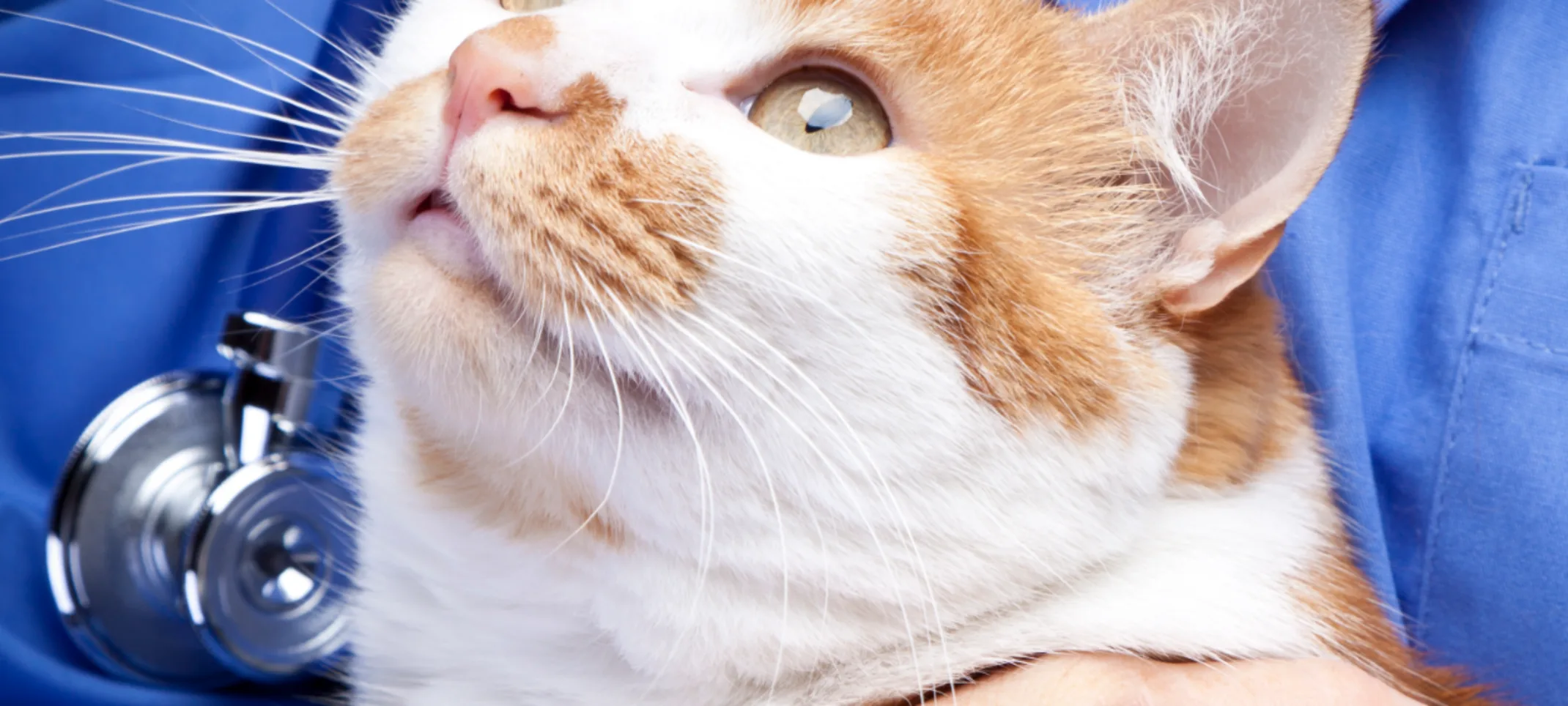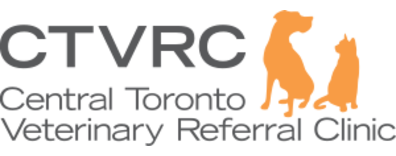Central Toronto Veterinary Referral Clinic
Surgery
A surgery specialist is trained to provide advanced surgical procedures to help in the diagnosis and treatment of your companion.

A veterinary surgeon is trained to provide advanced surgical procedures to help in the diagnosis and treatment of your companion.
These procedures include:
Veterinary Orthopedic Surgery: fracture repair, ligament surgery, TPLO, and arthroscopy.
Soft tissue surgery: examples include mass removal, exploratory laparotomy, intestinal surgery, laparoscopy, portosystemic shunt repair, gall bladder surgery, thoracoscopy, lung lobectomy, brachycephalic surgery, total ear canal ablation for chronic otitis or tumours, skin and reconstruction following tumour removal or extensive wounds, facial surgery (maxillectomy, mandibulectomy), thyroid/parathyroid removal, and pareneal hernia repair to name a few.
Our veterinary orthopedists can perform a variety of dog or cat orthopedic surgeries.
Please call to enquire as to whether we can assist you at CTVRC: 416-784-4444
Diplomate of the American College of Veterinary Surgeons (ACVS)
About ACVS:
Founded in 1965, the American College of Veterinary Surgeons is the American Veterinary Medical Association specialty board which sets the standards for advanced professionalism in veterinary surgery.
Following the 2011 certification examination, ACVS has come to include more than 1,540 Diplomates. Approximately 70 veterinarians earn their Diplomate Credentials every year. More than 60 percent of the ACVS Diplomates operate in private and specialty practices that accept cases on a referral basis from primary care practitioners. The remainder are primarily employed by academic institutions and industries where they teach, conduct research, practice in teaching hospitals, and participate in the development of new products and treatments which improve the quality of veterinary and human health care.
The ACVS defines the standards of surgical excellence for the profession, promotes advancements in veterinary surgery, and provides the latest in surgical educational programs. By fostering the highest standards of excellence in veterinary surgery, the ACVS is helping the veterinary profession achieve its goals of providing outstanding service to the public and care to animals.
What is an ACVS diplomate?
The term “ACVS Diplomate” refers to a veterinarian who has been board certified in veterinary surgery. Only veterinarians who have successfully completed the certification requirements of the ACVS are Diplomates of the American College of Veterinary Surgeons and have earned the right to be called specialists in veterinary surgery.
Veterinarians wishing to become board certified must complete a three- year residency program, meet specific training and caseload requirements, perform research and have their research published. This process is supervised by current ACVS Diplomates to ensure consistency in training and adherence to high standards. Once the residency has been completed, the resident must sit for and pass a rigorous examination. Only then does the veterinarian earn the title of ACVS Diplomate.
The Animal Care Team is made up of the owner (client), the general practice veterinarian and the ACVS specialist. Rapid advances in the veterinary profession can make it difficult for veterinarians to remain current with recent developments in techniques and technologies, , but these advancements often hold the answers to today’s complex surgical problems. Possessing the training, expertise and equipment to perform the most demanding procedures, the ACVS Diplomate can help the primary care veterinarian provide the best possible care to the patient.
A health care team Partner:
Once the referral is made, the ACVS Diplomate will provide state-of-the-art surgical patient care. As part of the healthcare team, the surgeon will keep the referring veterinarian and client informed of the patient’s progress throughout the specialized care. After patient discharge, the referring veterinarian may also provide additional postoperative follow-up care. This continuity between surgical specialist and primary care veterinarian ensures the best possible outcome for the patient.
Meet our Surgery Team:
Dr. Kristin Kry along with her highly skilled team, oversees our surgery department. Dr. Kristin Kry earned a Masters of Science degree in Animal Behaviour from the University of Edinburgh. She obtained her Doctor of Veterinary Medicine degree from St. George's University in 2011 and became a Diplomate of the American College of Veterinary Surgeons - Small Animal.
Dr. Sorcha Probert along with her highly skilled team, oversees our surgery department. She completed her honours degree in (human) biomedical science with a major in molecular pathology and completed her veterinary studies graduating from The University of Sydney in 2017.
